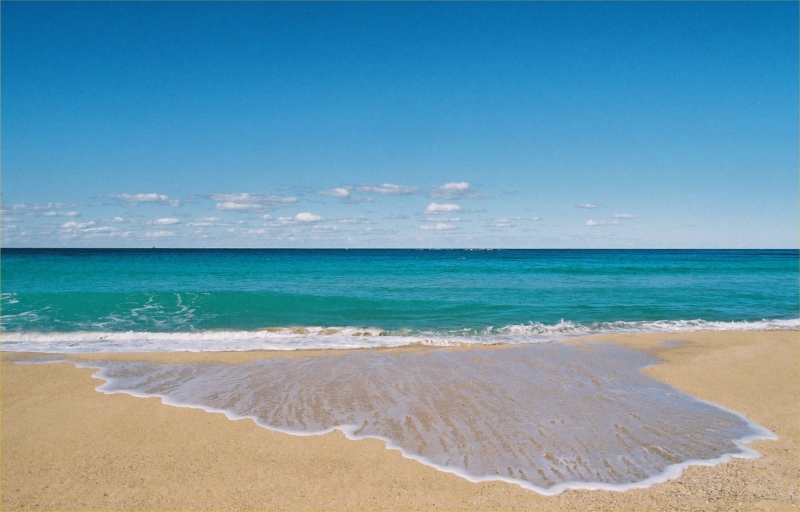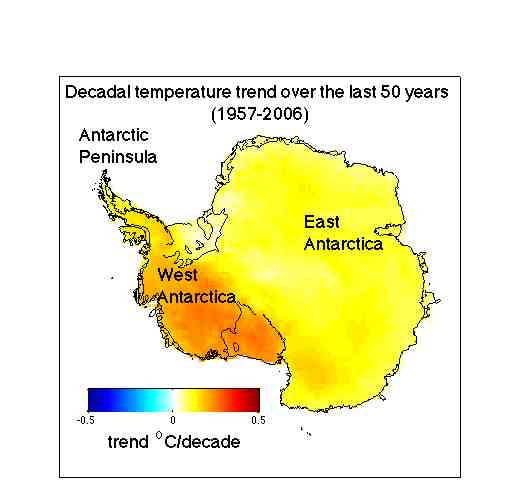Guest commentary by Mauri Pelto
For global temperature time series we have GISTEMP, NCDC and HadCRUT. Each has worked hard to assimilate global temperature data into reliable and accurate indices of global temperature. The equivalent for alpine glaciers is the World Glacier Monitoring Service’s (WGMS) record of mass balance and terminus behavior. Beginning in 1986, WGMS began to maintain and publish the collection of information on ongoing glacier changes that had begun in 1960 with the Permanent Service on Fluctuations of glaciers. This program in the last 10 years has striven to acquire, publish and verify glacier terminus and mass balance measurement data from alpine glaciers the world over on a timely basis. Spearheaded by Wlfried Haeberli with assistance from Isabelle Roer, Michael Zemp, Martin Hoelzle, at the University of Zurich, their efforts have resulted in the recent publication, “Global Glacier Changes: facts and figures” published jointly with UNEP. This publication summarizes the information collected and submitted by the national correspondents of WGMS portraying the global response of glaciers to climate change, as well as the regional response.
[Read more…] about A global glacier index update

 The paper shows that Antarctica has been warming for the last 50 years, and that it has been warming especially in West Antarctica (see the figure). The results are based on a statistical blending of satellite data and temperature data from weather stations. The results don’t depend on the statistics alone. They are backed up by independent data from automatic weather stations, as shown in our paper as well as in updated work by Bromwich, Monaghan and others (see their AGU abstract,
The paper shows that Antarctica has been warming for the last 50 years, and that it has been warming especially in West Antarctica (see the figure). The results are based on a statistical blending of satellite data and temperature data from weather stations. The results don’t depend on the statistics alone. They are backed up by independent data from automatic weather stations, as shown in our paper as well as in updated work by Bromwich, Monaghan and others (see their AGU abstract, 